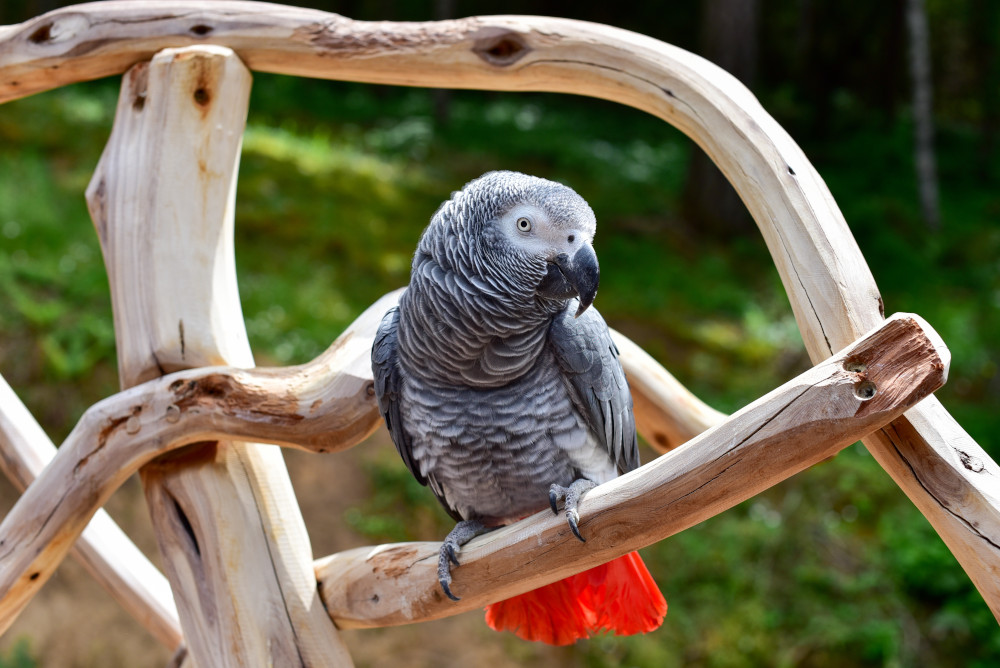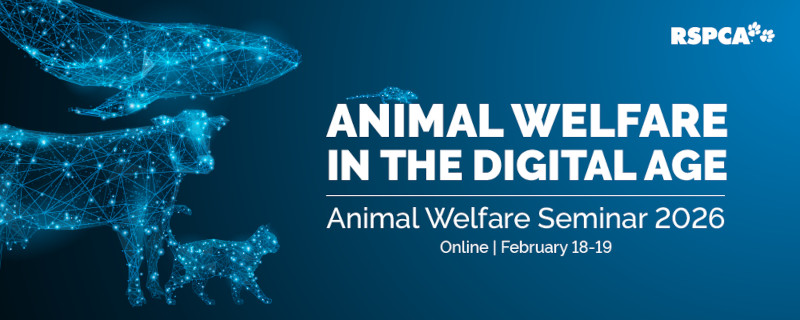
At some time, everyone who keeps birds will acquire a new bird – a new pet, a new breeder, a new bloodline. Usually all works out well; both parties (buyer and seller) are happy, and the bird does well in their new home. But this is not always the case.
You may be able to purchase a new bird from a pet shop, a breeder, or a friend or relative. You may even be able to adopt a pet bird from shelters (such as the RSPCA) or from rescue groups. It is also very important to ensure that the birds have not been captured from the wild. Taking birds from the wild is illegal and captive wild birds tend to be more distressed due to constrained and unfamiliar surroundings in an aviary or home. There are pitfalls in selecting where you can get a bird, and this article discusses some of the issues and planning that you need to consider before you buy a bird. Hopefully, if even some of the following suggestions are followed, a lot of heartbreak and financial loss can be avoided.
Who should you buy your birds from?
There are a lot of sources for both pet and aviary birds. While tempting to do so, you need to be careful not to make broad assumptions about sellers. High-quality birds can be sold by ethical pet shops, and poor-quality birds sold by so-called reputable breeders. You can’t just say “Pet shops are bad; breeders are good!” So, what should you look for to find a good seller?
- Honesty. An honest breeder will not try to deceive you by substituting birds or telling you that bird is ‘just moulting’ or ‘just has a cold’. They will sell you a high-quality bird in good health – after all their reputation (and therefore future sales) hangs on the quality of the birds they sell. They won’t try and take advantage of a novice; rather, they will make time to educate such a novice.
- Integrity. A seller with integrity will not sell an unweaned bird to a novice with the assurance that the bird “will make a better pet if you finish off the hand rearing”. A seller with integrity will sell a bird with a health certificate from an avian vet. They will offer a guarantee on the health and suitability of the bird (i.e. they offer a replacement bird or a refund if pre-existing problems exist). They will provide you with information on the bird’s species-specific and individual needs and history, parentage, husbandry, and diet.
- Knowledge of birds. If you have done your research carefully, you will already know a lot about the species you are interested in. Quiz the seller to ascertain their level of knowledge – don’t just accept an assertion that ‘they know everything about this species’. This quizzing should include elements such as the species’ suitability as pets or breeders, diet, cage size, husbandry practices, etc. Of course, if you haven’t done your research, you can have the wool pulled over your eyes by an unscrupulous seller. Remember, do your homework!
- Passion for birds. A good seller is passionate about birds. They love the birds they have; they look after them well; they care about who they are selling the birds to, and where the birds will be going. This passion is reflected in the care given to the birds, and their subsequent health.
If you feel the seller is lacking any, or all, of these attributes, you may need to walk away from the sale. This can be difficult at times but, in the long run, you will not regret it.
Moral of the story: Don’t buy birds from people you don’t really trust.
What do the sale premises look like?
If you are buying a bird, it is always a good idea to have a look at the seller’s premises. Never buy a bird out of the boot of a car at a Sunday market or the local petrol station! In some cases, it may not be feasible, due to distance or security, to visit the seller’s premises but good-quality photos of the aviaries can be used to give you a good idea of how the birds are looked after. Alarm bells should start ringing if you see any of the following:
- Overcrowding.
- Poor hygiene – dirty floors, filthy food and water dishes, dust, and feathers everywhere, etc.
- Poorly designed, poorly maintained, or badly set out cages or aviaries.
- Lack of variety of food on offer to the birds – I find the sight of endless rows of bowls containing only dry seed to be depressing.
- Birds that appear unwell – fluffed, eyes closed, sitting on the floor of the cage – even if they’re not the birds you are buying.
All these findings suggest that the birds may not be as well looked after as the seller claims and, again, you should consider walking away from the sale.
Moral of the story: If the seller can’t keep the premises clean, you can’t expect the birds to be healthy.
How much should I pay for the bird?
Price is determined by many factors: the rarity of the bird; the demand for that species; the bird’s age and maturity; the bird’s breeding record; whether the bird has been hand-reared or parent reared – these are just some of the factors affecting the price. On top of this price the cost of additional procedures should be added to your consideration – vet checks, microchipping or leg ringing, sex identification (by a vet or through DNA sexing), and disease testing, etc.
These means that you should end up paying more for a good quality bird that is microchipped, sexed, tested for disease, and has passed a health check. You should not consider this a ‘rip-off’, but rather you are paying for a quality bird and peace of mind. If you opt to purchase a cheaper bird without any of the above ‘add-ons’, the outcome may be poor for you and the bird, heartbreaking, and expensive. You have to accept the responsibility for your decision. Remember, there are rarely any bargains in the purchase of birds!
Reference
Doneley B (2018) Avian Medicine and Surgery in Practice: Companion and Aviary Birds, 2nd ed. CRC Press

